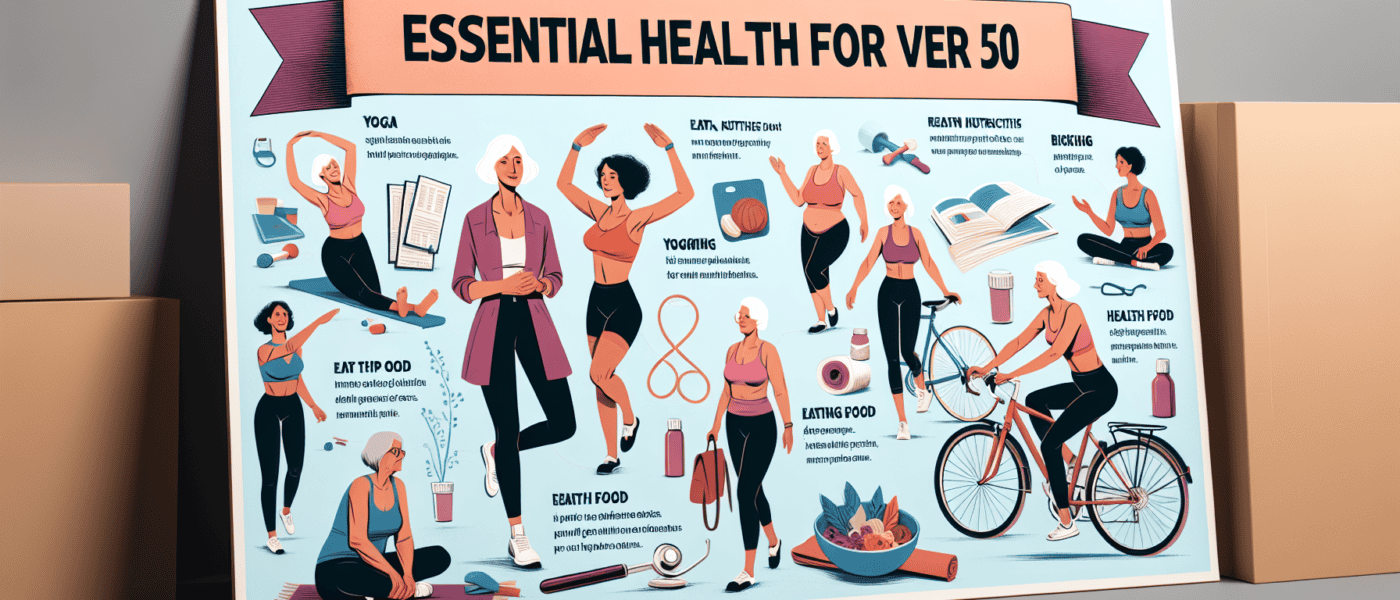Essential Health Tips for Women Over 50
Essential Health Tips for Women Over 50
As women age, it becomes increasingly important to focus on health, fitness, and nutrition to maintain overall well-being. Jenna Rizzo, a weight loss coach, and Dr. Stacy Sims, a renowned expert in exercise physiology and nutrition, offer invaluable insights into achieving and maintaining good health for women over 50. Here are some critical points they emphasize.
The Importance of Physical Activity
Jenna Rizzo highlights the importance of regular walks for women over 50. She recommends walking five times a week to manage weight, promote cardiovascular health, and enhance mental well-being. Walking is a low-impact exercise that can be easily incorporated into daily routines and offers numerous health benefits.
Additionally, Dr. Stacy Sims underscores the value of strength training for women. Engaging in regular strength training exercises not only helps preserve muscle mass and bone density but also benefits brain health and aids in preventing conditions such as dementia. Sims also advises incorporating high-intensity workouts, such as 30-second or one-minute intervals, to boost cardiovascular health and reduce visceral fat.
Nutritional Guidance for Sustained Health
Proper nutrition is vital for women over 50, and Rizzo emphasizes the significance of protein intake. Consuming at least 120 grams of protein daily can support muscle maintenance and overall health. Protein-rich foods like chicken thighs, steak, and shrimp should be prepared in bulk to ensure a consistent supply of this essential nutrient.
Hydration is another crucial aspect of maintaining good health. Rizzo suggests drinking water consistently throughout the day to stay adequately hydrated. While eight 8-ounce glasses of water is a general guideline, individual hydration needs may vary based on factors like age, activity level, and climate.
Nutrition also extends to gut health, with research indicating that gut bacteria may influence eating habits and weight issues. Maintaining a balanced diet, possibly incorporating vegetarian or vegan options, can support a healthy gut microbiome and help reduce the risks of heart disease, cancer, and mortality.
Women’s recovery from exercise and nutritional habits differ from men’s, as noted by Dr. Sims. This emphasizes the need for personalized, sex-specific research and strategies. Incorporating sufficient protein into the diet can provide protective effects against various chronic diseases, reinforcing its importance in achieving balanced nutrition.
By following these guidelines on physical activity and nutrition, women over 50 can enhance their health, vitality, and longevity. It’s never too late to take charge of one’s health and make informed decisions that benefit long-term well-being.
